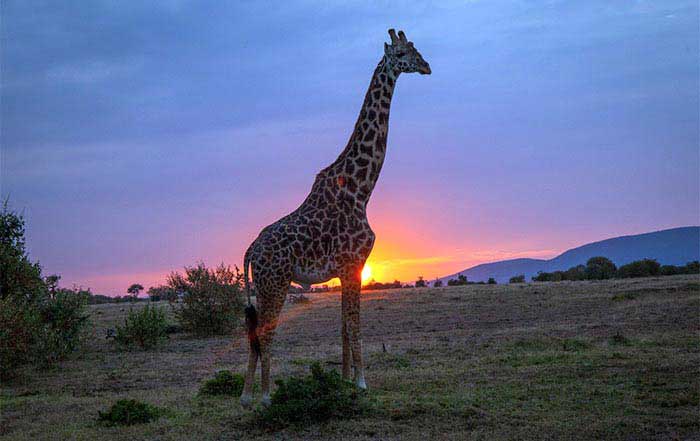If you fly frequently, it's essential to know which foods you should or shouldn't eat. These days, most travelers prefer to take something at home rather than eat at the airport or on the plane. In the past, it was a commonplace thing for travelers to eat on the plane; many desist from taking anything, including snacks, whenever they want to fly out. Some who want to travel for a long time might prefer to take a large meal that can take them nicely
According to Tracy Lockwood Beckerman, a dietitian expert based in New York City, it's always a good idea to consider your health welfare well before you fly out; thus, think about what you will or will not eat before you go out. "Think about it: Our immune systems are usually tested, and the digestive systems are thrown off while dehydration takes a hit. This is why it's crucially important to take foods that keep you hydrated, strengthen your immune system, and can easily be digestive before flying out." Consequently, which foods should be untouchable whenever people travel out? Consider this: It's quite common for people to be dehydrated when flying out; this happens mainly due to a lack of humidity and dry air inside the cabin. Ms. Beckerman says: "For this reason, it's not a great idea to take a sodium-laden meal the day or morning before taking your flight."Beckerman advises travelers to go easy on such foods as the salt shaker- she says it's better to take snacks without any salt added. Certainly, she suggests, travelers should take fresh foods- this helps them avoid problems that come with dehydration- like headaches, fatigue, and constipation.
"Generally, due to pressure shifts, some individuals retain water (more than others) during a flight. For this reason, it's best to avoid over-processed foods or those that have a high content of sodium; this can merely exacerbate the problem," she says. At the same time, Vanessa Risseto, a New Jersey registered dietitian and co-founder of Culina Health, says: "It's always good advice to stay hydrated. Hence, try taking coconut water and electrolyte tabs to help you with dehydration problems; try taking whole foods like fruit and veggies- also try lean protein; this will help you feel your best.
Adds Ms. Beckerman: "Since flying may cause some people to feel extra gassy or bloated; this happens because of changes in cabin pressure. Thus, avoid taking foods with carbonation prior; foods like sodas, kombucha or seltzers." She notes that such bubbly beverages can actually worsen the digestive air pockets… this can cause you to feel bloated, gassy, or extra belchy during your flight. So, by steering clear of these, you ensure you're keeping the bubbles and extra air in the digestive system to a minimum."
Jonathan Valdez, who owns Genki Nutrition, supports the same sentiments. He notes that carbonated beverages can expand inside the GI tract, causing more unpleasant bloating, particularly if one is already gassy. Valdez, who's the New York State Academy of Nutrition and Dietetics media spokesman, adds: "If you're already feeling somewhat nauseous due to turbulence or motion sickness, you might find that carbonated drinks can be helpful. You merely need to weigh the pros and cons."
Further, you should reconsider the idea of taking alcohol either before or during a scheduled flight. Valdez advises: "Alcohol consumption can cause dehydration- indeed, alcohol can have a different effect on your body than if you took a drink while at ground level. The common culprit is the cabin's low barometric pressure; this causes a low oxygen concentration in your blood." He concludes: "For this reason, you're likely to get inebriated much faster; the urination frequency will increase much more."
Apart from the matter of personal comfort and health, keeping off alcohol before taking your flight can also foster a safer airplane environment. Needless to say, if you're a traveler, you wouldn't want to have one or two drunkards aboard the plane you're taking, would you?
Sarah Nelson, the Association of Flight Attends (CWA) president, once told this to the HuffPost: "Most of the more outrageous flight attendant abuse incidents usually include alcohol as a primary contributing factor." Some other foods, including beans, asparagus, onions, cabbage, Brussels sprouts, and cauliflower, can exacerbate intestinal gas and bloating issues. This is because we lack the essential enzymes to digest specific carbohydrates, particularly the FODMAPs that are usually found in these foods, Valdez advises.




